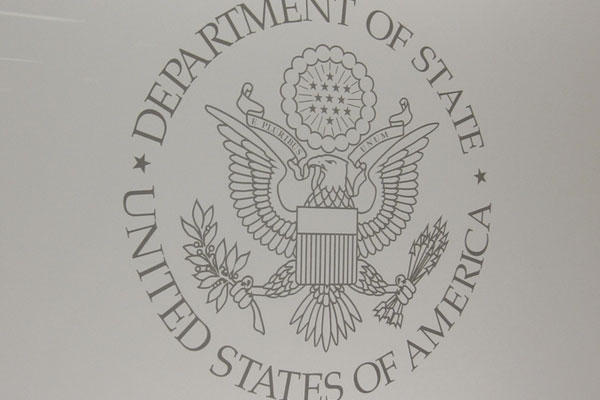Snails-Pace Senate Finally Moves on Public Diplomacy Chief
Helle Dale /
Belatedly, last week, the new Undersecretary for Public Diplomacy, Tara Sonenshine, and a bundle of other diplomatic nominees received the Senate stamp of approval.
Having someone competent and knowledgeable to steer the U.S. government’s communication to the rest of the world is critically important. Yet this job has been vacant one-third of the time since it was created in 1999, contributing to a disjointed and intermittent U.S. public diplomacy policy.
Sonenshine, the former executive vice president of the U.S. Institute of Peace, has been waiting in the wings since her nomination hearings in December. Unlike her predecessor, Judith McHale, a Discovery Channel executive and Hillary Clinton supporter, Sonenshine has longstanding experience of the U.S. government and its workings, going back to the Clinton National Security Council as well as private-sector broadcasting experience. She has her work cut out for her.
McHale spent her three years in office, focusing mainly on completing the bureaucratic integration (begun in 1999) of the U.S. Information Agency into the State Department. She added six new assistant secretaries for public diplomacy in the State Department’s regional bureaus and one in the press office to deal with foreign media. She also created the Center for Strategic Counterterrorism Communication within State.
Sonenshine’s challenge will be to grapple with several substantive issues:
- The challenge from China, whose aggressive public diplomacy advances are well-documented and were the topic of hearings in the House Foreign Affairs Committee last week.
- The great upheaval at U.S. International broadcasting, whose leadership, the Broadcasting Board of Governors (BBG), is proposing to lay off some 25 percent of the staff, replacing many with contractors and moving away from broadcasting to digital information dissemination. Holding a seat on the BBG, an active undersecretary for public diplomacy can have an influential voice in this process.
- Evaluating the State Department’s e-diplomacy efforts, which reportedly now employ 150, a number that appears to be growing exponentially. Are we spending U.S. tax dollars wisely? That will be the first litmus test.
Image used under Creative Commons from chinwagcom.

